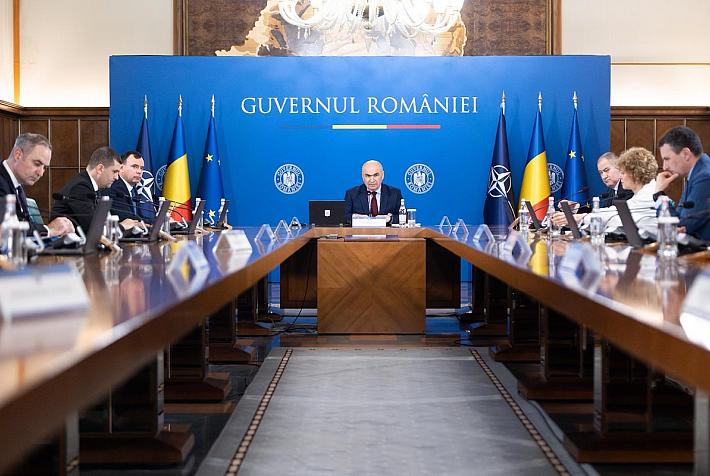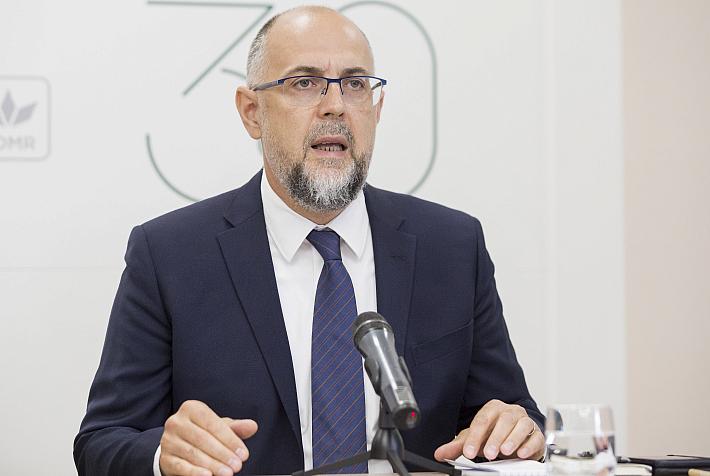Romania's Fiscal Council warns against “fiscal relaxation attempts”

In its opinion on the 2020-2022 Fiscal-Budgetary Strategy drafted by the new Government, Romania’s Fiscal Council emphasizes the “mismatch between the desire for fiscal consolidation and the persistence of fiscal relaxation attempts.”
In this context, the Council recommends that the Strategy should contain a separate chapter assessing the risks that may affect the forecast indicators, as well as the corrective measures to be employed in the event that these risks materialize.
The volatile developments in the international financial markets and the possible effects on Romania’s sovereign rating make such risk analysis particularly important, the Council argues.
As regards the baseline scenario drafted by the Government, the Council considers that the balance of risks in terms of fiscal-budgetary policy in the coming years is rather tilted to the negative side (towards a larger than projected budget deficit). It points to the real risk for lower level of tax revenues in case the VAT rate will be cut by 3 percentage points to 16%, effective January 1, 2020. A bill with this end, ironically drafted by the ruling Liberal Party (PNL) was recently promoted with the massive contribution of the Social Democrats (PSD) who also promised to promote a bill for doubling the child allowance.
The Government’s Fiscal-Budgetary Strategy provides a gradual decrease of the budget deficit, from 4.4% of GDP in 2019, to 3.6% of GDP in 2020, 3.3% in 2021, and 2.5% in 2022.
editor@romania-insider.com
(Photo source: Shutterstock)













